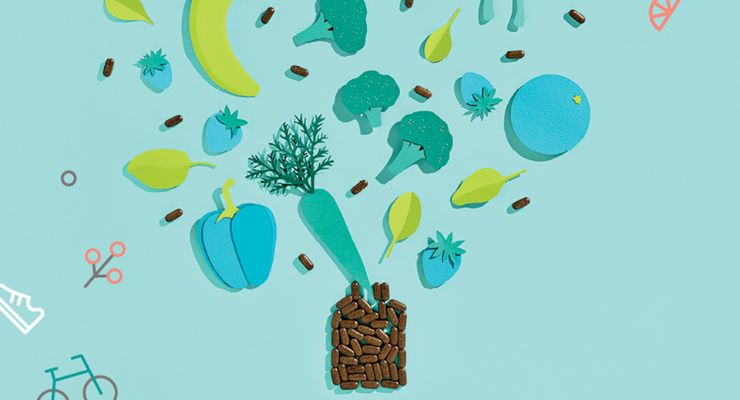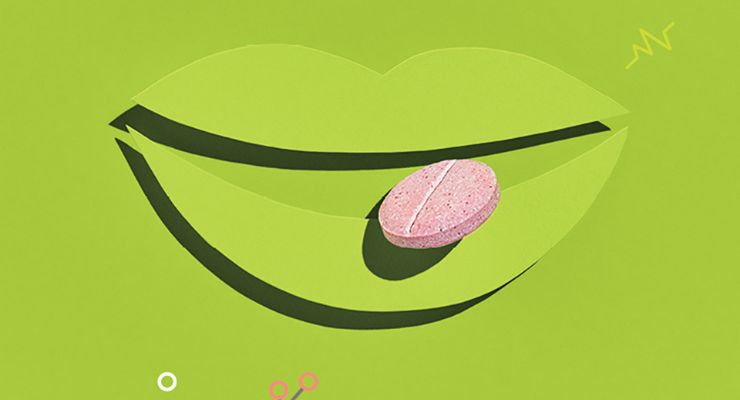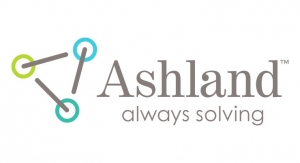Maxine Weber, global marketing director, Ashland: Yes. The demand for clean label products, in many categories including dietary supplements, continues to be very strong. Clean label means many things to a consumer, including having organic ingredients or having fewer undesirable ingredients, such as certain allergens. When we analyze Mintel data in the vitamin and supplement category, we see new product launches with “organic” claims have grown +74% over a 5-year period, and launches with “free from” claims have increased +62% over that same period.
NW: Some product labels on the market claim “made with organic ingredients,” while others simply state “organic.” Can you explain the difference?
Kapish Karan, technical lead, Ashland: While sounding similar, these two claims are not equivalent. If a product is composed of greater than 95% organic ingredients, it can be labeled as “organic,” and it can also carry the USDA organic seal. However, if the organic composition is 70-94% organic, the product can only claim that it is “made with organic” followed by up to three organic ingredients or a specific food group. These products are not eligible to carry the USDA organic seal.
NW: What technical issues may product developers encounter when formulating organic supplements?
Karan: Aside from supply chain issues, which is impacting all types of ingredients, there are a few technical challenges that someone could run into when formulating an organic product. One set of issues is around certain physical performance criteria. While non-organic binders perform quite well, achieving that same binding strength, compaction behavior, flow characteristics, and disintegration with organic ingredients may be difficult. If the binder is not strong enough, tablets may chip, crack, or swell.
Ashland has several organic solutions for both solid tablets and chewable tablets, as a majority of supplements are in tablet form. We have an organic tablet binder, Nutrapress™ BND organic binder, and organic tablet coating, Aquarius™ organic film coating systems.
Our newest product is Nutrapress™ CHW organic chewable base. This complete system for chewable tablets contains a binder, filler, flow aid, lubricant, and sweetener. We know there is a lot of growth in non-tablet formats like chewables and gummies. That is why we created a chewable base that can be used for organic chewables.

NW: What other trends are you seeing in today’s dietary supplement market?
Weber: As most of your readers will know, the research around gut health and the microbiome has continued to demonstrate the importance of the link between gut health and overall wellness. Consumers are getting the message, and as a result, there is a strong market demand for fermented foods and drinks.
What you might not know is that Ashland has fermented nutrients that can be used to formulate dietary supplements. Our line of GPM™ fermented nutrients is an excellent fit for companies looking to differentiate their supplement business. We have recently launched a soy-free GPM™ line of fermented nutrients, which are non-GMO and allergen-free. There are over 28 nutrients in our line; some ingredients meet the organic standard, while the others meet the made-with organic standard. We have seen a significant uptick in interest in our fermented nutrients, and we believe this part of the market will continue to grow.
NW: Anything else you might want our readers to know?
Weber: Ashland prides itself on helping customers solve their biggest challenges. We do a lot of custom formulation work and have a team of technical scientists with a strong skill set in formulating all types of products. We are always happy to discuss with customers how these organic ingredients, and our other great ingredients, can be used in customized formulations.














